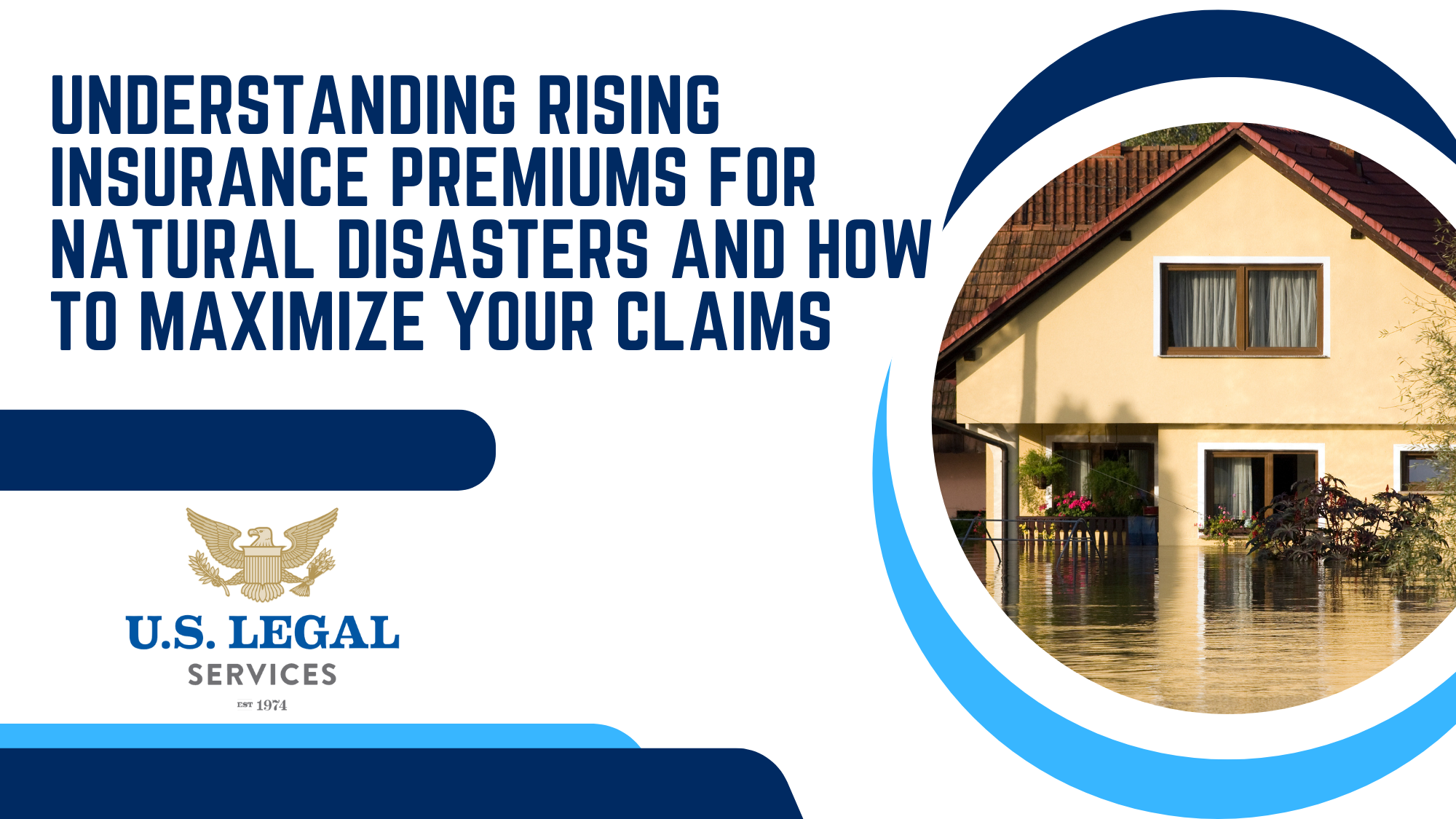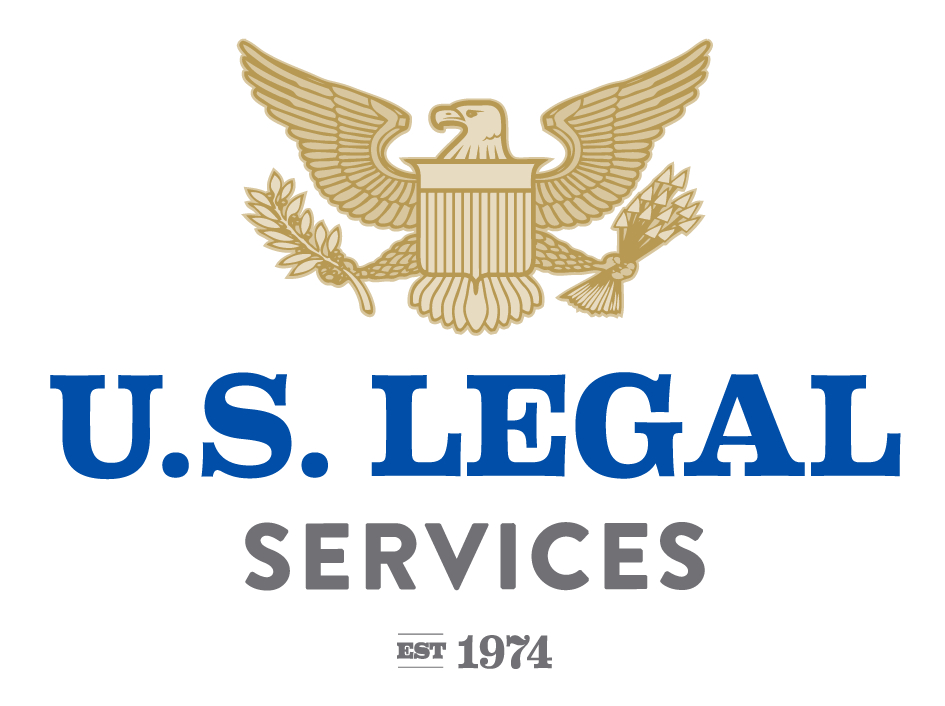
Understanding Rising Insurance Premiums for Natural Disasters and How to Maximize Your Claims
In recent years, the frequency and intensity of natural disasters have increased, prompting a significant rise in insurance premiums. Homeowners, renters, and business owners alike are feeling the impact of these escalating costs. As insurance companies adjust their rates to account for the greater risk of claims from events such as hurricanes, floods, and wildfires, understanding how to navigate this landscape has never been more critical. Why are your insurance premiums higher than ever and how do you ensure your claim is paid timely and properly?
Why Are Insurance Premiums on the Rise?
1. Increased Frequency of Natural Disasters
Natural disasters have become more frequent due to climate change, leading to more claims filed by policyholders. According to the National Oceanic and Atmospheric Administration (NOAA), the United States has experienced an increase in severe weather events over the last few decades. This growing trend leads insurers to raise premiums to cover the increased risk.
2. Higher Cost of Repairs and Replacements
The cost of materials and labor has risen significantly over the years. When disasters strike, the demand for construction materials and skilled labor surges, driving prices even higher. Insurance companies must account for these increased costs in their premium calculations.
3. Increased Litigation and Fraud
Insurance fraud and litigation have risen, leading to higher costs for insurance companies. As a result, insurers often raise premiums to mitigate these risks. Insurers also face pressure to settle claims more quickly, which can lead to higher payouts.
4. Changes in Policy Coverage
Some insurance companies have begun to limit coverage for certain types of disasters or implement stricter underwriting guidelines. This change can lead to higher premiums for those who do qualify for coverage, as insurers are now taking on more risk.
How to Get Paid Properly for Your Claim
When disaster strikes, knowing how to navigate the claims process can make a significant difference in the amount you receive. Here are some tips to help you maximize your claim:
1. Review Your Policy
Before a disaster occurs, take the time to thoroughly review your insurance policy. Understand what is covered and what is not, as well as any deductibles that may apply. Knowing the specifics of your coverage can help you make informed decisions during the claims process.
2. Document Everything
In the aftermath of a disaster, documentation is crucial. Take before and after photos and videos of any damage to your property and keep records of any losses incurred. This documentation will serve as essential evidence when filing your claim.
3. Report the Claim Promptly
Notify your insurance company as soon as possible after a disaster. Most policies have a time limit for filing claims, and delaying the process could jeopardize your payout. Be prepared to provide your policy number and detailed information about the incident.
4. Keep Detailed Records of Conversations
When communicating with your insurance adjuster, keep a detailed log of all conversations. Note the date, time, and content of discussions, as well as the names of the representatives you speak with. This record can be invaluable if disputes arise later in the process.
5. Be Persistent
Insurance companies may initially offer a lower settlement than you believe is fair. Don’t hesitate to negotiate and advocate for yourself. If necessary, enlist the help of a public adjuster, who can help you navigate the claims process and advocate on your behalf.
6. Understand Your Rights
Familiarize yourself with your rights as a policyholder. Insurance companies are required to act in good faith and handle claims fairly. If you believe your insurer is acting in bad faith, consider seeking legal advice. U.S. Legal Services provides attorneys who are skilled at working with insurance companies to negotiate on your behalf.
7. Keep Track of Temporary Living Expenses
If you are displaced from your home due to a disaster, keep records of all additional living expenses, such as hotel bills and meals. Most homeowners’ policies provide additional living expense coverage, which can help reimburse you for these costs.
Conclusion
As insurance premiums continue to rise in response to the increasing risk of natural disasters, it’s essential for policyholders to understand the implications and navigate the claims process effectively. By reviewing your policy, documenting damage, and advocating for yourself, you can ensure that you receive the compensation you deserve. Staying informed and proactive can help mitigate the financial impact of natural disasters and protect your investment for the future.
Become a member of U.S. Legal Services this open enrollment season so we can advocate for you. Enroll today at www.uslegalservices.net or call 800-356-LAWS.
Related article: https://www.uslegalservices.net/2024/01/supporting-employee-wellbeing-following-a-natural-disaster/



